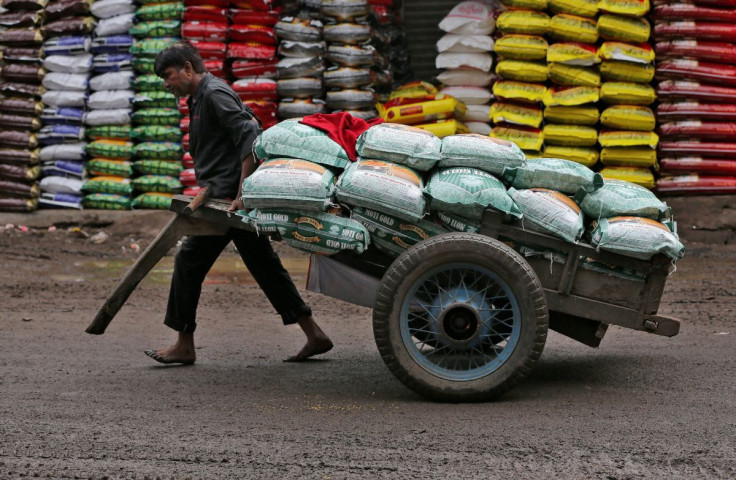India's Economic Prospects Firm Despite Global Headwinds, Says RBI

India's domestic macroeconomic conditions have improved further despite the downside risks posed to global growth from commodity-driven inflation, its central bank said on Thursday.
"Domestic economic activity has been gaining traction in spite of formidable headwinds from external developments," the Reserve Bank of India (RBI) said in its monthly bulletin.
Gross domestic product (GDP) for 2021-22 surpassed its pre-pandemic (2019-20) level by 1.5% and activity is gaining strength in 2022-23 so far as gauged from high frequency indicators, it added.
India's current yield curve indicates an improvement in its long-term growth prospects and an upturn in forecast inflation expectations, it said.
"At the same time, the fact that the yield curve has become steeper and concave reconfirms expectations of tighter monetary policy in the period ahead," the report added.
The RBI said the first impact of the food and fuel price shock to inflation lay outside its remit. Food and fuel prices constitute 60% of Indian CPI, but upward pressure on food prices is now coming from external sources such as the war in Ukraine.
However, RBI inaction could foster a perception that inflation is getting out of control, it added. The RBI this month raised rates by 50 basis points after a 40 bps hike in May.
"RBI's actions will cause inflation other than that related to food and fuel, or what is called core inflation, to ease and this will bring down headline inflation," it said.
STATE GOVT DEBT
In its report RBI also highlighted the strains on the finances of India's states stemming partly from a slowdown in tax revenues and a rising subsidy burden as the country emerges from the coronavirus pandemic.
"For the five most indebted states, the debt stock is no longer sustainable, as the debt growth has outpaced their GSDP growth in the last five years," it said.
Stress tests show that the fiscal conditions of the most indebted states are expected to deteriorate further in coming years, RBI said.
"In the medium term, these states need to put efforts towards stabilising debt levels," it added.
© Copyright Thomson Reuters 2024. All rights reserved.







